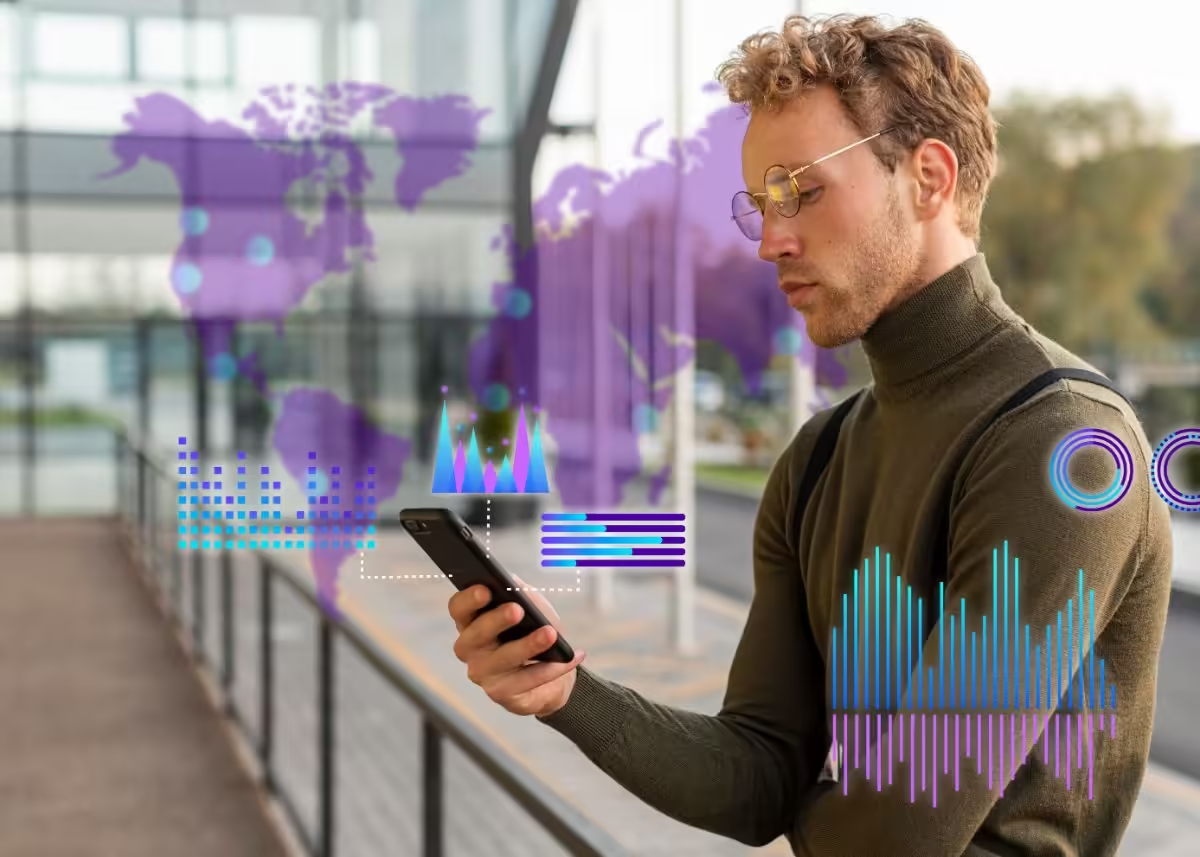The rise of artificial intelligence (AI) has ignited a global debate about its impact on employment. Fears of widespread job losses due to automation have dominated headlines, but a closer look at recent research reveals a more nuanced reality. A groundbreaking study from China suggests that AI-Driven Job Growth, rather than being a job destroyer, might actually be a powerful engine for job creation. This revelation has profound implications for the future of work worldwide.
AI: A Job Engine, Not a Job Killer
The study, conducted across 30 Chinese provinces from 2006 to 2020, analyzed the relationship between the introduction of industrial robots (a key indicator of AI adoption) and employment levels. Contrary to expectations, the data showed a positive correlation: as AI integration increased, so did employment figures. This finding challenges the prevailing narrative of AI as a threat to human labor and opens up a new perspective on the potential of this technology to drive economic growth and create jobs.
How AI Drives Job Growth
The positive impact of AI on employment can be attributed to several interconnected factors:
Increased Productivity and Business Expansion
- AI-powered tools and automation streamline processes, optimize workflows, and enhance productivity.
- Companies can produce more goods and services with the same or fewer resources, leading to cost savings and increased profitability.
- This, in turn, fuels business expansion, requiring additional workforce to meet growing demand.
Capital Investment and Job Creation
- Implementing AI technologies often requires significant investment in new equipment, software, and infrastructure.
- These investments create jobs in manufacturing, installation, maintenance, and support services related to AI systems.
The Evolution of Work and New Skillsets
- AI doesn’t merely replace existing jobs; it transforms them.
- Routine and repetitive tasks are automated, freeing up human workers to focus on higher-value activities that require creativity, problem-solving, and critical thinking.
- This shift in the nature of work creates demand for new skills, such as data analysis, machine learning, and AI programming, leading to the emergence of entirely new job categories.
Virtual Agglomeration and the Global Workforce:
- AI and digital technologies break down geographical barriers, enabling virtual collaboration and the creation of global teams.
- Companies can tap into a vast pool of talent from around the world, fostering innovation and driving the creation of new businesses and industries.
AI’s Impact on Women and Vulnerable Sectors
The Chinese study also revealed fascinating insights into the distributional effects of AI on employment. Notably, the positive impact of AI was found to be particularly strong for women, suggesting that the technology may be leveling the playing field in industries traditionally dominated by men. Additionally, AI adoption was shown to be most beneficial for workers in labor-intensive sectors, where automation can alleviate physically demanding and hazardous tasks.
Preparing for the Future of Work
While the Chinese research provides valuable insights, the impact of AI on employment is likely to vary across countries and industries. However, the overarching message is clear: the future of work is not about humans versus machines, but rather about humans and machines working together.
To thrive in this evolving landscape, governments, businesses, and individuals must embrace lifelong learning and adaptability. Investing in education and training programs that equip workers with the skills needed for the AI-powered economy is essential. Additionally, policymakers must create supportive regulatory frameworks that encourage responsible AI development and deployment, while also addressing potential challenges such as income inequality and the need for social safety nets.
Recommended article: ChatGPT: Your AI Stats Tutor
Conclusion
The relationship between artificial intelligence and job growth is complex and multifaceted. While AI undoubtedly has the potential to disrupt certain industries and displace some workers, it also holds the promise of creating new opportunities, improving working conditions, and driving economic growth. By understanding the nuances of this relationship and proactively preparing for the future, we can harness the power of AI to build a more prosperous and inclusive global economy.
